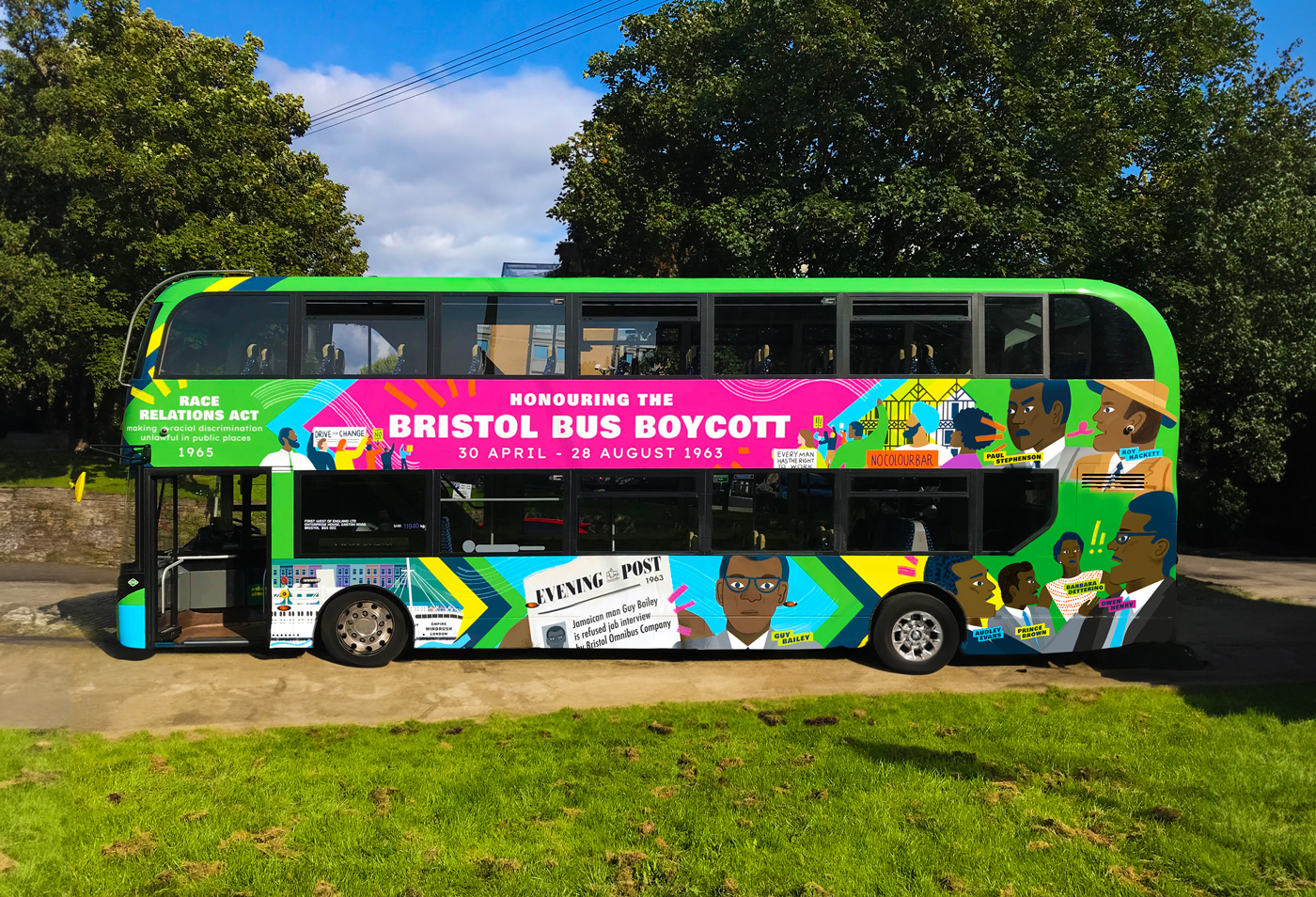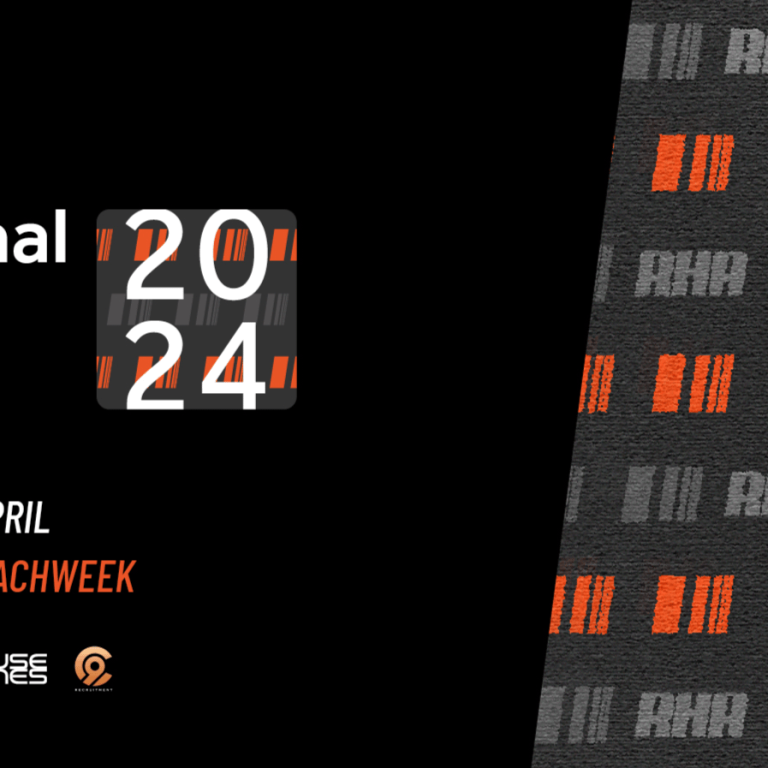It is very easy to forget how much the times have changed over the last 50 years or so. Today we rightly take basic human rights as given in 2024, and it is hard for many people today to realise just how far society has come in addressing such basic freedoms, such as not being excluded from a job because of the colour of your skin, or indeed sexual orientation, or the faith that you might follow. But these freedoms we accept today were not given easily; someone somewhere had to stand up and say the discrimination that was accepted so naturally just was not right.
Ironically, if you study the history of the bus industry, there are certain key lessons that the bus sector has played that have helped change history. In the UK, the famous Bristol Bus Boycott pioneers, stood up against the “we employ whites only” policy operated by the Bristol Omnibus Company, on April 29th, 1963, this protest movement came about when Mr. Reid-Bailey was denied a job as a bus driver because of it’s whites only policy, and the then 18-year-old was not white.
Consequently, a Bristol social worker, Paul Stevenson, led a peaceful, purposeful protest when on April 10th, he began a one-person sit-in at the Bay Horse pub in Bristol.
By sheer chance, on the very same day that Dr. Martin Luther King gave his legendary “I have a dream” speech in front of tens of thousands in Washington DC, the Bristol Omnibus Company gave up the color bar that had existed for so long.
It would be fair to say that the implications of the protest paved the way forward for the Race Relations Act in 1965 and the UK’s first anti-racism law, and it is somehow fitting that the bus industry which has always been home to anybody who wanted to work in the industry. Different generations of bus managers have usually welcomed all and sundry. Be they the Windrush generation in the 1960s, or the Ugandan refugees in the 1970s, or the Vietnamese boat people in the 1980s; the list is long and distinguished and so it should be. The introduction of Eastern European bus workers to the UK in 2004 transformed the UK bus industry which had struggled for years to recruit and retain enough bus drivers to ensure that reliable service could be maintained, and it is worth reflecting that in 2024 the UK bus industry has a significant shortage of drivers as a result of restrictions imposed after Brexit.
It is also worth observing the massive impact that the Rosa Parks bus protest had on civil rights in the USA in the early 1960s, when she decided as a young black woman that she would not sit in the blacks only segregated section of the bus but would sit in the whites-only seats. This caused outrage but sparked the flame for the civil rights movement and the likes of Dr Martin Luther King to implement the peaceful protests that eventually gave equal rights across the USA. As the saying goes, “from little acorns, mighty oak trees grow”, and who would have thought that the few brave souls in Bristol, and one woman of principle and courage in the USA, would ignite the sparks of radical social reform so dramatically.
And to complete the circle, when you look at the demographics of uTrack, we have a truly diverse and mixed workforce with individuals from many nations, creeds, and faiths, all equally valued. This stands as a testimony to those brave and visionary people who would not tolerate injustice and inequality back in the day. It is only right and fitting that they should be honoured even after 50 years.
Photo credit: Alissa Thaler.








